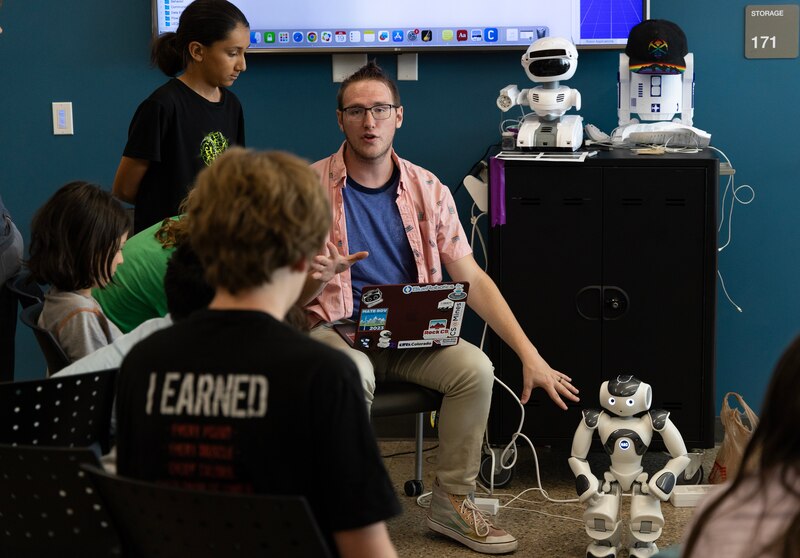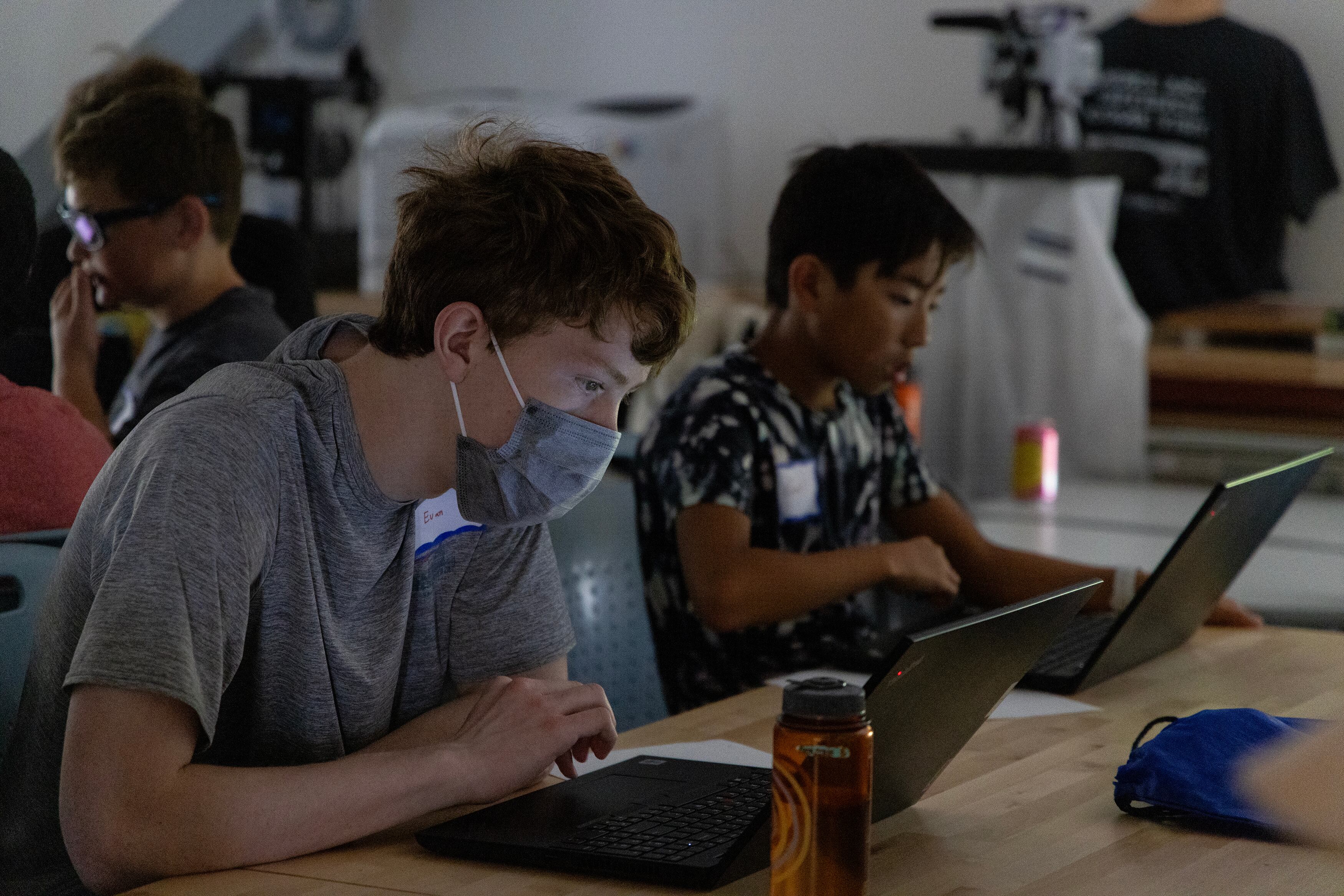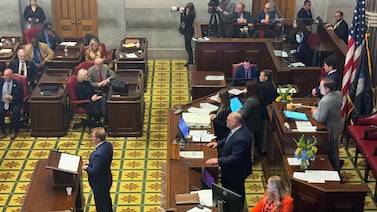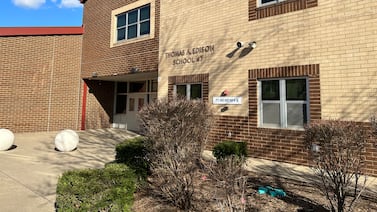Colorado is investing a chunk of its federal relief money in the future of students to boost the job economy.
The Polis administration announced in June that the state would award $27 million to 46 groups across the state in a first round of funding to support workforce training in local urban, suburban, and rural economies via the Opportunity Now Colorado grant program. Grants range from $50,000 to $7 million.
The grants aim to make college more accessible for high school students, open educational opportunities for older adults who never attended or finished college, and “are intended to help connect more Coloradans with in-demand, high-wage occupations,” according to the governor’s office. It also will fund healthcare education programs in order to address the healthcare worker shortage that has been a persistent problem throughout the pandemic.
“This is designed to help fill the workforce gap and get people the skills they need for positions that are available and ready to start today and tomorrow — it will help power economy and help Colorado shine in terms of workforce readiness,” said Gov. Jared Polis in an interview with Chalkbeat Colorado.
Eve Lieberman, the executive director of the Office of Economic Development and International Trade, said, “Increasingly we were hearing from businesses that they want to be partnering with educational institutions and creating these innovative models. That’s exactly what we’re doing here is forming grant opportunities to allow for that innovation, those partnerships, and to have industry help co-create that talent.”
In 2021, Colorado lawmakers passed legislation that created the Student Success and Workforce Revitalization Task Force Report to determine how to spend federal pandemic relief money.
The task force’s main suggestion was to create a statewide grant program for innovative ideas that connect community groups, colleges, and employers. The state is now using $85 million of the one-time federal money on the grants.
St. Vrain Valley Schools is using its $7 million grant to partner with multiple organizations and school districts, including Estes Park R-3, Weld RE-3J, and Adams 12 Five Star Schools, to further develop its early childhood/K-12 education, technology, and advanced manufacturing workforce pathway programs.
St. Vrain currently partners with CU Denver in a program for high school juniors and seniors to take dual education enrollment courses that can transfer to CU Denver after graduation. With the new funds, CU Denver will develop classes for adult working professionals and high school students to access college coursework and earn additional credits. The credits will be free to students and district professionals.
“Being able to remove so many financial barriers, it gives students a real strong feeling of success and our older working professionals, where many of them haven’t been in school for a number of years, the same feeling,” said Diane Lauer, St. Vrain Valley School District’s chief academic officer.
Students will be able to earn certificates in the technology or advanced manufacturing fields in welding, metal fabrication, pipefitting, electronics, and machinery operation.

Colorado State University of Pueblo was awarded over $1.39 million to help address the healthcare crisis, especially for Coloradoans who are Hispanic, rural, and low-income. The money will help address the state nursing shortage with new nurses and instructors in the graduate program.
“One of the reasons that nursing shortages exist is because there’s a shortage of nursing instructors. This is due to retirements in the healthcare workforce, and could be a university or college-level nursing program not being able to admit the number of students that are applying because there are not enough qualified faculty with the credentials to instruct,” said Alexandra Hansen, CSU Pueblo’s regional development officer.
Hansen said that the university wants to listen to its community and encourage those in the southern Colorado region to join an in-demand, high-paying occupation.
People who have experienced limited access to healthcare may find the nursing field a fulfilling career, Hansen said.
Limited access could be due to staffing shortages or “because they’re a Spanish-speaking family who have experienced going to a clinic where there are no Spanish-speaking providers,” she said.
The grant will support graduate students in becoming nurse managers, educators, and practitioners at the master’s and doctoral levels. It aims to enhance health equity in 15 counties in southern Colorado.
Tepeyac Community Health Center in Denver received over $1 million from the grant program. Tepeyac’s program will initially focus on increasing equitable access to clinic positions, training, and licensing. Tepeyac historically has served the Latino communities in the Globeville and Elyria-Swansea neighborhoods since the early 1990s.
Two additional rounds of grant funding with the remaining $58 million will be available through Opportunity Now Colorado, with the next application period opening in August. The last of the grants will be announced by December 2024.
Sara Martin is an intern with Chalkbeat Colorado. Contact Sara at smartin@chalkbeat.org







